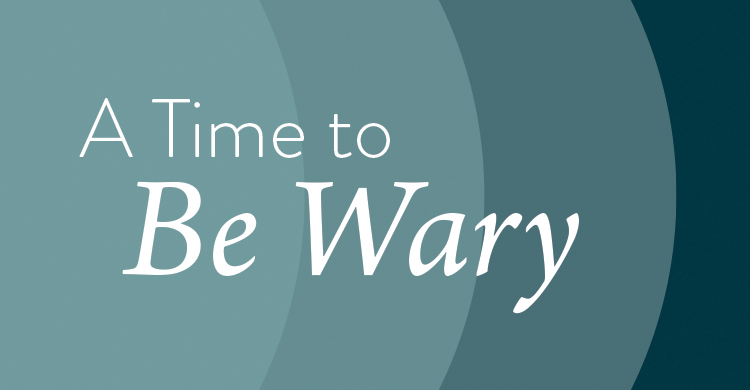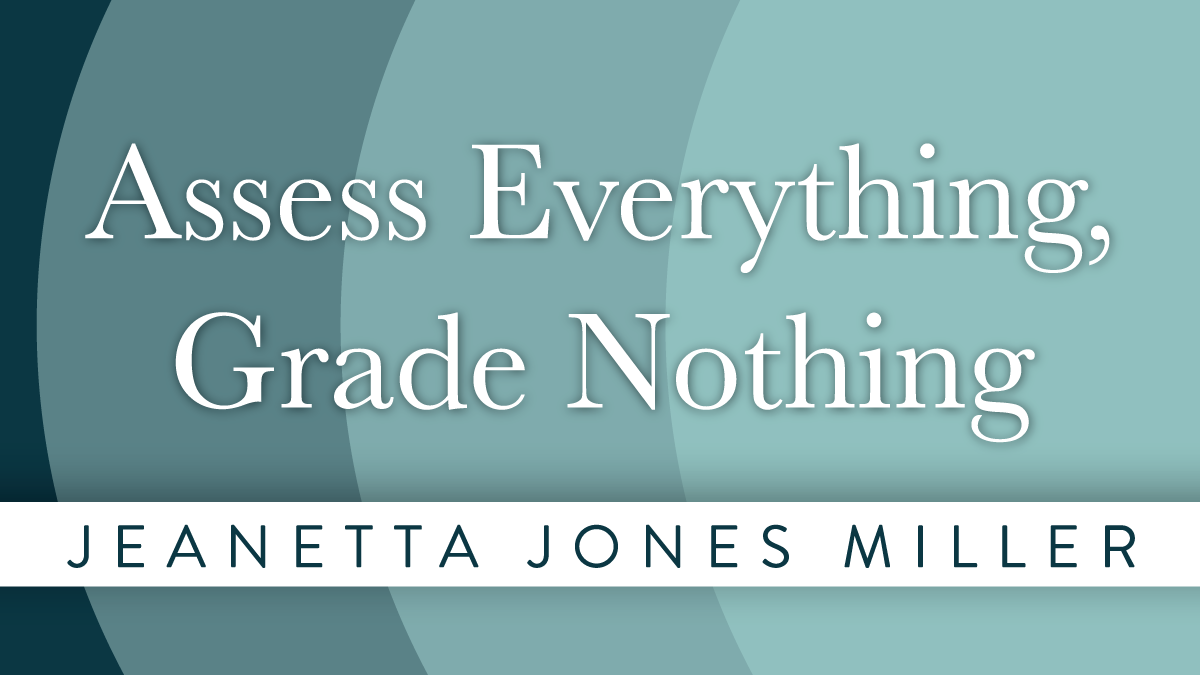A Time to Be Wary
“Incessant testing and grading and criticism keep you in a chronic probationary state that breeds
Read More

“Incessant testing and grading and criticism keep you in a chronic probationary state that breeds
Read More
Based on The Student-Centered Classroom “Let all parties know that all activities are assessed all
Read More